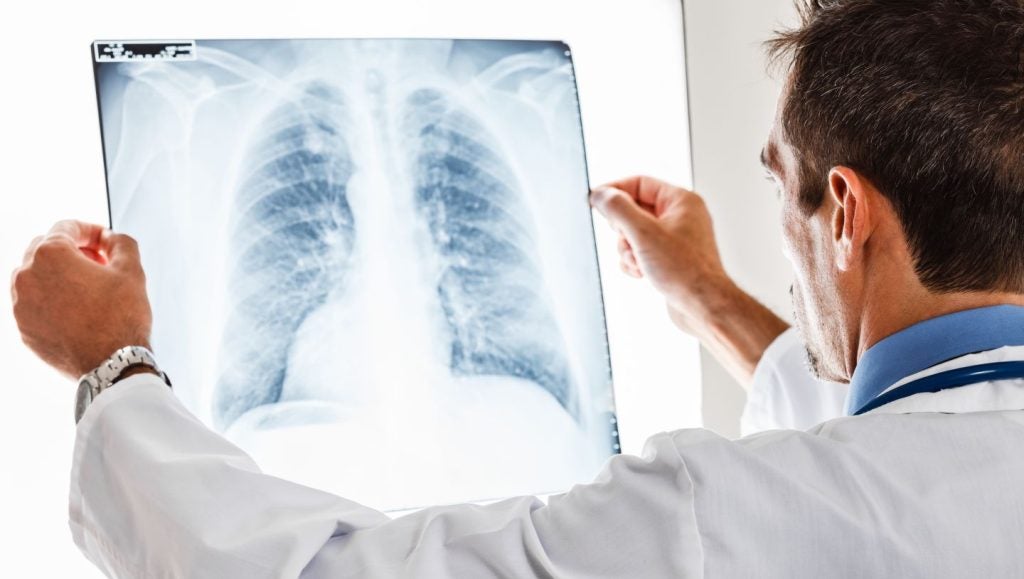US-based biotech RegenxBio is seeing a pivotal Phase III study on the horizon as its Phase I/II AFFINITY study of RGX-202 for Duchenne muscular dystrophy (DMD) completes patient enrolment for the second dose level.
In a 7 February press release, the company announced that of the three patients treated with dose level 1 of RGX-202 in the AFFINITY trial (NCT05693142), the third patient demonstrated by far the largest increase (83.4%) in microdystrophin expression compared to control at three months.
In DMD, a mutation in the dystrophin gene normally responsible for protecting muscle fibres from progressively breaking down contributes to the condition. Microdystrophin is an abbreviated yet functional version of dystrophin, and its expression is often used as a surrogate measure to evaluate therapies. The patient also showed a decrease (93%) in serum creatinine kinase (CK) levels from baseline at ten weeks.
The company expects to initiate a pivotal study for RGX-202 in H2 2024, as per the release. To file a BLA through the accelerated approval pathway, RegenxBio will demonstrate efficacy in its pivotal study with a primary endpoint focused on safety over 12 months and a surrogate endpoint measuring microdystrophin levels at three months, CMO Steve Pakola told Pharmaceutical Technology in an exclusive interview. The company will assess the functional benefit of RGX-202 in a confirmatory study at an undisclosed start date, he added.
RGX-202 is an intravenously administered gene therapy designed to employ a NAV adeno-associated virus serotype 8 (AAV8) vector to encode a novel microdystrophin transgene that protects muscle cells from damage and preserves muscles from degeneration. The therapy was developed using RegenxBio’s proprietary NAV Technology Platform, which allows the company to devise single-administration gene therapies. As per the company, the treatment has shown to be well tolerated with no serious adverse events across five total patients.
In addition to RGX-202, the biotech plans to advance in Hunter Syndrome (MPS II) with its one-time gene therapy RGX-121. Presenting data at the ongoing 20th Annual WORLDSymposium, RegenxBio announced that the Phase II/III CAMPSIITE trial (NCT03566043) with RGX-121 for MPS II achieved its primary endpoint.
The pivotal study is evaluating RGX-121, a gene therapy designed to deliver a functional copy of the iduronate-2-sulfatase gene (IDS), in ten patients with severe MPS II. As per the 7 February press release, 80% of patients treated with the pivotal dose level are free of standard-of-care intravenous enzyme replacement therapy (ERT) and RGX-121 is observed to be well tolerated in 25 dosed patients across all phases of CAMPSIITE.
As per CEO Kenneth Mills, RegenxBio has shared the results of CAMPSIITE with the FDA and the agency is open to accelerated approval pending supportive full data. The company also plans to file a BLA for this condition in H2 2024, as per the press release.














